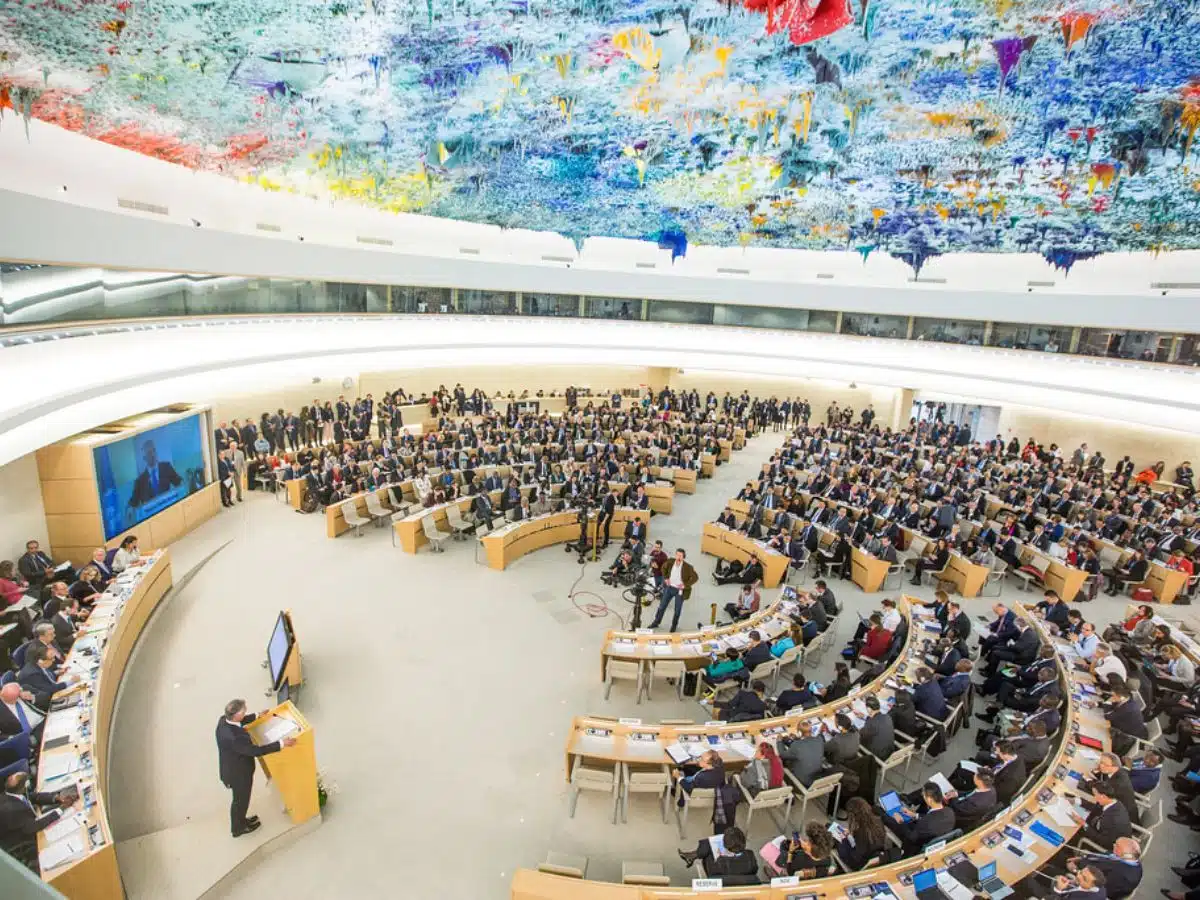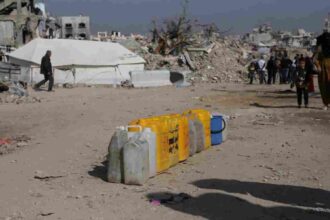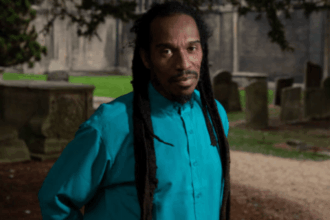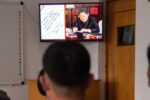On November 7, the US became only the second country in history – after ‘Israel’ in 2013 – to skip its scheduled Universal Periodic Review (UPR) at the United Nations.
The Universal Periodic Review
The Universal Periodic Review is designed to promote and protect human rights in every UN member country.
The UPR was established in 2006, and occurs every four to five years. Its aim is to review each of the 193 UN member states’ human rights record. The most recent review session took place on Friday, at the Human Rights Council in Geneva. There was no US representative present.
This has shocked the international human rights community and also sparked widespread criticism and concern. The move ends nearly two decades of unbroken US participation, and comes at a time when there has been growing concerns over America’s human rights record. The US absence raises serious questions not only about accountability, but also the undermining of global efforts on human rights.
US Human Rights absence
Amnesty International called the US boycott of its UPR “shocking,” and accused Washington of “walking away from even the impression of caring about the safety and security of people in the US and around the world.”
Human Rights Watch said although the US may avoid this formal scrutiny for a time,
it will only generate international criticism and further erode its place on the world stage.
Larry Krasner, District Attorney of Philadelphia, claimed Trump did not want a report card on “his unceasing violations of human rights”. He said the President “wants to be Adolf Hitler,” and it was unsurprising the “criminal” Trump administration “wants to escape accountability”.
To support the US review, hundreds of organisations had submitted reports on a wide range of human rights violations taking place in the country. These included arbitrary detention, and regression in sexual, reproductive and LGBTQ+ rights. Raids by Immigration and Customs Enforcement (ICE), systemic racial discrimination and the abusive treatment of immigrants were also on the agenda for discussion. So were the excessive use of force during demonstrations, attacks on free speech, and the death penalty.
US has refused to attend its UPR
The US decision to disengage from this review is linked directly to Trump’s administration. It ordered the move following the February 4 executive order to withdraw from several UN agencies. These were the UN Human Rights Council (UNHRC), along with the UN Educational, Scientific, and Cultural Organization (UNESCO), and also the UN Relief and Works Agency for Palestine Refugees (UNRWA). In a statement, the White House claimed these UN bodies have “drifted from their mission” and instead:
act contrary to the interests of the United States while attacking our allies and propagating anti-Semitism.
The US Department of State issued another statement on Friday. It framed its withdrawal from the UPR as a rejection of what it sees as the Human Rights Council’s failures to condemn severe human rights violations from UNHRC members such as Venezuela, China, and Sudan. It also stated that the US would not accept lectures about its human rights record from these countries.
Significant and multiple human rights abuses
Recent reports show disturbing human rights abuses in the United States, particularly related to law enforcement practices. As of October 2025, over 1,000 people have been killed by police officers, marking the twelfth consecutive year of exceeding this grim milestone. These killings often involve excessive use of force. They frequently affect unarmed individuals including those who are mentally ill or just in need of help. This persistent pattern highlights systemic issues within US law enforcement agencies.
Racial minorities in the US face a higher likelihood of being targeted with lethal force. Although Black Americans make up around 12 percent of the US population, they account for an estimated 20% of those fatally shot by police in 2025. The same applies to the Hispanic population in the US. Police misconduct, disproportionate arrests and use of force against minorities are also common US human rights abuses.
Systemic injustice also extends into the US criminal justice system. Around two million people are imprisoned in the country, and there is an overrepresentation of racial minorities. ICE are conducting violent raids against immigrants, who are then systematically detained for prolonged period, seriously abused, and deported.
America ‘claims’ to uphold human rights
The continuation of the death penalty is also a stain on the US’s human rights record. Several states maintain use of the death penalty, sometimes employing methods such as nitrogen hypoxia criticized internationally as cruel and inhumane. In addition, places such as Guantanamo Bay continue to indefinitely detain individuals, without trial, violating international law. Environmental justice, violence against Indigenous peoples, and the LGBTQ community should also have been brought up in the UPR, if the US had attended, to push for necessary reforms.
The UN Universal Periodic Review is designed to hold all UN member states accountable, regardless of their global power. The US decision not to participate signals its clear refusal to accept external scrutiny. It raises serious questions about its commitment to human rights.
By withdrawing from the UPR, the US also gives other countries with human rights abuses an excuse to follow suit.
The UN Human Rights Council has postponed the US review until November 2026. The Council warned it may take further action if the US continues to refuse cooperation.
Featured image by ISHR













